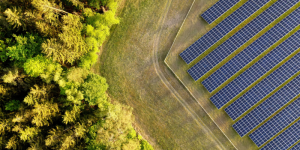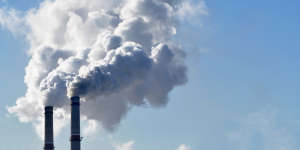NECP: The European Commission evaluates Only 24 update plans. Bulgaria, Poland, and Austria are Behind in meeting obligations.
The European Heat Pump Association conducted a detailed analysis of the planned measures related to heat pumps in the NECP projects.

The National Energy and Climate Plans (NECPs) represent a cornerstone of the European energy and climate strategy, outlining an ambitious path for member states towards achieving the EU's 2030 targets.
In the last quarter, the European Heat Pump Association conducted a detailed analysis of the measures planned for heat pumps in the NECP projects of many European countries, highlighting a variety of approaches and, in some cases, a failure to adhere to the standards required by the Union.
Imminent Deadlines and Upcoming Challenges: The EU Evaluates NECP Progress
With the June 2024 deadline for submitting final updates approaching, attention is focused on the status of national plans. In this regard, the EU-funded REDI4HEAT project organized a webinar on March 27 to take stock of the situation.
The event provided a platform for various industry experts to discuss the challenges and opportunities related to the implementation of the NECPs.
Federico Mascolo, policy coordinator for Climate Action, opened the event by providing an overview that revealed that out of 27 update plans, only 24 have so far been evaluated by the European Commission. Countries such as Bulgaria, Poland, and Austria stand out for their delays in meeting obligations, with Austria yet to submit its plan.
Mascolo emphasized that the NECPs are not just a list of targets but require detailed planning for their achievement, integrating other planning tools and setting timelines for the gradual phase-out of fossil fuels. He stressed the urgency of addressing existing gaps.
The Role of NECPs in Renewable Heating and Cooling
Next, Andrei-Nicon Andone from Bioenergy Europe shared a specific analysis of the renewable heating and cooling sector, highlighting how some countries, such as Latvia, Croatia, and Slovakia, have already met their 2030 targets.
Conversely, other countries have yet to define specific targets for this sector or have not outlined a clear trajectory for achieving them, emphasizing the importance of not just promoting technologies but also including energy efficiency and conservation measures.
Marek Tobiacelli, a representative from the Polish National Energy Conservation Agency, then discussed the potential of district heating and cooling, highlighting that despite financial barriers, there are successful examples that can serve as guides.
As stated by the EHPA, this set of interventions and analyses highlights the complexity and diversity of national approaches to sustainable energy and climate, underscoring the importance of a collective and coordinated commitment to addressing the climate challenges of our time.
Related Focus






